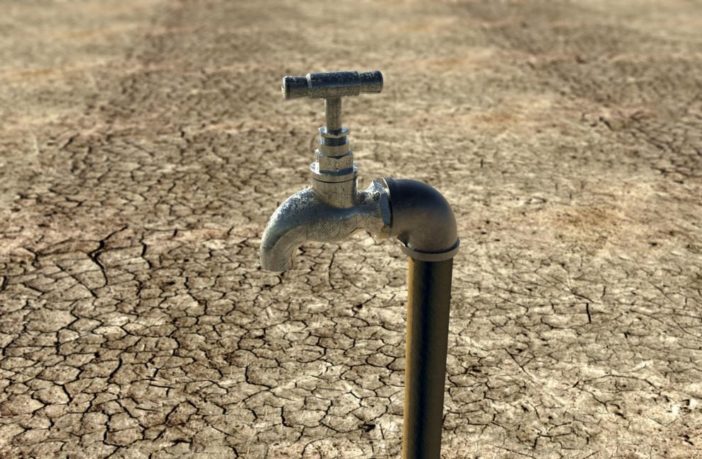- The Rand Water Board (RWB) in South Africa has issued a dire warning: Water storage levels throughout Gauteng Province have significantly declined due to excessive water withdrawals by municipalities, raising serious concerns.
- This warning comes as the main water supply to South Africa’s economic hub, greater Johannesburg in the Gauteng province, and to the country’s breadbasket in the Free State, has been cut off for six months.
- Maintenance work on the 37-kilometre Lesotho Highlands Water Project tunnel began at the beginning of the month. Read more
Rand Water has repeatedly warned municipalities in Gauteng about this potential crisis.
“We have communicated through letters, held meetings with many municipalities, and engaged in discussions at Gauteng’s Intergovernmental Governance Forum and the Gauteng Water Imbizo. Unfortunately, the crisis we sought to prevent has now materialised. The water supply systems in Gauteng, including Rand Water reservoirs, are critically low, and the situation is anticipated to worsen with the ongoing heat wave,” said RWB.
Related news: South Africa’s crucial water supplies from Lesotho: what the six-month shutdown means for industry, farming and residents
RWB is alerting communities, particularly in Gauteng, that water storage could soon be depleted if municipalities do not implement our recommendations. “It is essential to act now to prevent the impending disaster,” said RWB
Rand Water emphasises that it is operating at full capacity and cannot pump additional water into the system.
Related news: South Africa’s municipalities are not fixing roads, supplying water or keeping the lights on – here’s why
“Due to the limitations imposed by the organisation’s extraction license from the Department of Water and Sanitation, Rand Water cannot extract more water from existing sources. The only viable solution to address this issue is through Water Conservation and Demand Management,” RWB said.
Related news: Gauteng water crisis signals risk of climate-water conflicts
Considering this, Rand Water has advised municipalities to reduce the physical losses of 33% identified in the No Drop report, repair leaks, enforce by-laws, and address illegal connections.
Additionally, Rand Water reminds consumers that the organisation is a bulk water supplier; therefore, any water shortages should be reported to the respective municipalities, as the organisation (Rand Water) is not responsible for water distribution within municipalities. Consequently, inquiries regarding water interruptions should not be directed to Rand Water.
“Rand Water is left with no option but take steps to protect its system from total collapse,” RWB concluded.
Author: Bryan Groenendaal
















